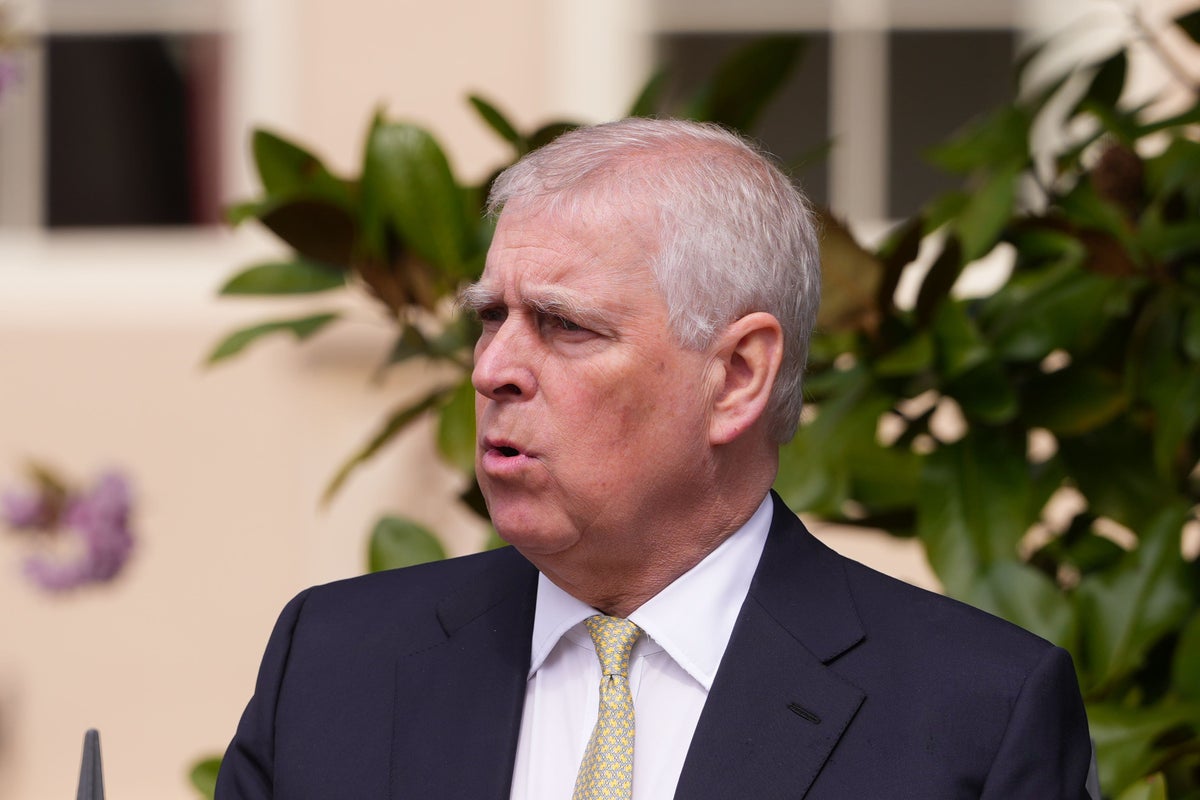The logo of Chinese-owned semiconductor company Nexperia is displayed at the chipmaker’s German facility, after the Dutch government seized control and auto industry bodies sounded the alarm over the possible impact on car production, in Hamburg, Germany, Oct. 23, 2025.
Jonas Walzberg | Reuters
Netherlands-based chipmaker Nexperia is at the heart of a standoff between the European Union, the U.S. and China that has triggered a near-crisis for global automakers.
The Dutch government seized control of Nexperia, owned by the Chinese company Wingtech, in October, citing national security concerns. The move prompted Beijing to block Nexperia products from leaving China.
Meetings are underway in Europe Saturday to attempt to defuse the escalating issue, and Chinese and U.S. authorities appear to be opening up a pathway for Nexperia’s China-based operations to resume exporting critical automotive chips.
For now, however, the auto industry’s supply chain still hangs in the balance.
The dispute is threatening vehicle production worldwide as automakers warn of looming shortages of the chipmaker’s components, which are critical to basic electrical functions in cars and challenging to replace on short notice.
The battle has unfolded amid heightened scrutiny of Chinese-linked tech firms from Western governments, including the U.S., which recently tightened export-control rules to limit technology transfers to Chinese-owned entities.
Nexperia’s owner, Wingtech, was put on a U.S. blacklist in December 2024 for its alleged role “in aiding China’s government’s efforts to acquire entities with sensitive semiconductor manufacturing capability.”
Here’s what to know about where the dispute stands, and why it matters.
Why are Nexperia chips so important?
Nexperia manufactures billions of so-called foundation chips — transistors, diodes and power management components — that are produced in Europe, assembled and tested in China, and then re-exported to customers in Europe and elsewhere. Around 70% of chips made in the Netherlands are sent to China to be completed and re-exported to other countries.
The chips are basic and inexpensive, but are needed in almost every device that uses electricity. In cars, those chips are used to connect the battery to motors, for lights and sensors, for braking systems, airbag controllers, entertainment systems and electric windows.
Nexperia had sales of $2 billion last year.
In late October, automakers, such as Volkswagen, Nissan Motor and Mercedes-Benz, sounded the alarm about potential production cuts if Nexperia’s chip exports are curtailed for long.
While automakers typically have some stockpiles and alternative suppliers, it is difficult to switch supply sources overnight.
What happened and where do things stand?
In September, the Dutch government invoked a Cold War-era law to effectively take control of Nexperia, amid concerns that its Chinese owner was planning to shift intellectual property to another company it owned. A Dutch court also suspended Nexperia CEO, Wingtech founder Zhang Xuezhen, citing mismanagement.
Beijing retaliated weeks later by imposing export controls on certain Nexperia products made in China, escalating tensions and fueling fears of a broader supply chain shock. That prompted the company to tell carmakers it could no longer guarantee supplies.
But signs of a breakthrough have started to emerge.
On Friday, reports said the U.S. plans to announce that Nexperia will resume sending chips under a framework agreement reached during talks between President Donald Trump and Chinese leader Xi Jinping, citing sources familiar with the matter. And on Saturday, China said it will exempt some Nexperia chips from its export ban. Chinese officials did not specify what those exemptions could entail.
“We will comprehensively consider the actual situation of the enterprise and exempt eligible exports,” The Chinese Commerce Ministry said in a statement.
If finalized, the exemptions could ease immediate pressure on automakers. But the broader dispute over ownership, technology control and security oversight remains unresolved.
Source link
